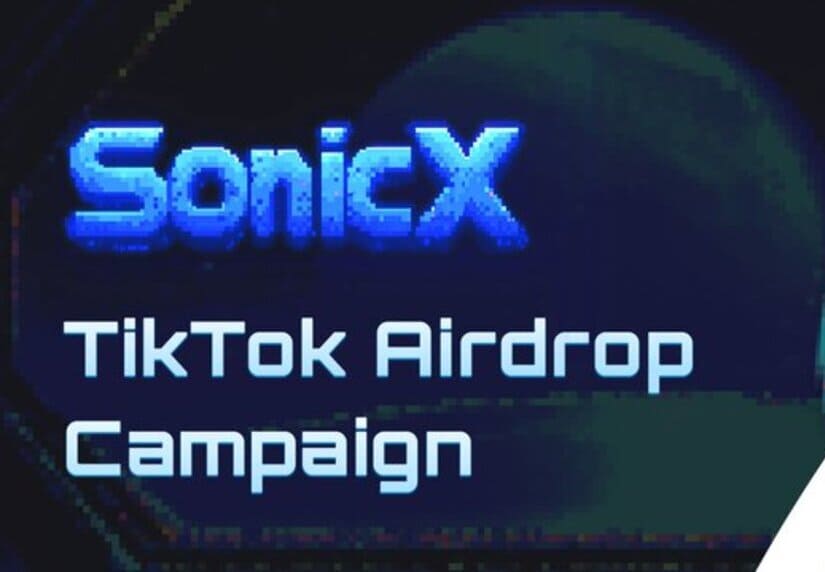TL;DR
- Sonic SVM launches an airdrop campaign on TikTok to promote its $SONIC token and expand its user base.
- Over 2 million users have joined the campaign. No external wallet or gas fees are required to participate.
- Sonic SVM has integrated new games like Majong and Hunting Field, and partnered with Injective to create a cross-chain AI agent platform.
Sonic SVM, the Solana Layer-2 network aimed at enhancing gaming, has launched an airdrop campaign targeted at users of the short-form video app TikTok.
The initiative seeks to expand the platform’s user base and raise awareness of its native token, $SONIC, among a larger audience. The campaign is available to SoniX users, a layer of the Sonic application on TikTok, who interact with premium ads or visit Sonic SVM’s official account on the platform.
— Sonic SVM (@SonicSVM) December 23, 2024
The airdrop is part of Sonic SVM’s strategy to prepare for its upcoming Token Generation Event (TGE), where selected users will receive token rewards through the airdrop. According to details provided by the SoniX team, more than two million users have already joined the initiative on TikTok. It is important to note that there is no need to use an external wallet or pay gas fees. The team has announced that the date for the airdrop snapshot will be revealed shortly.

Sonic Partners with Injective to Launch AI Agent Platform
In addition to the airdrop, Sonic SVM continues to advance its ecosystem expansion with new game integrations. In recent weeks, the SoniX app has added support for games like Majong and Hunting Field. Aiming to attract more players and strengthen its offering in the blockchain gaming industry.
Sonic SVM has also formed a partnership with Injective, a Layer-1 network specializing in real-world assets, artificial intelligence, and institutions. Together, the two platforms will launch a new cross-chain platform for AI agents. The platform will integrate the Sonic and Injective chains using HyperGrid technology and the Inter-Blockchain Communication (IBC) protocol. This development will enable better interoperability between the networks and provide new opportunities for users and institutions within their ecosystems


